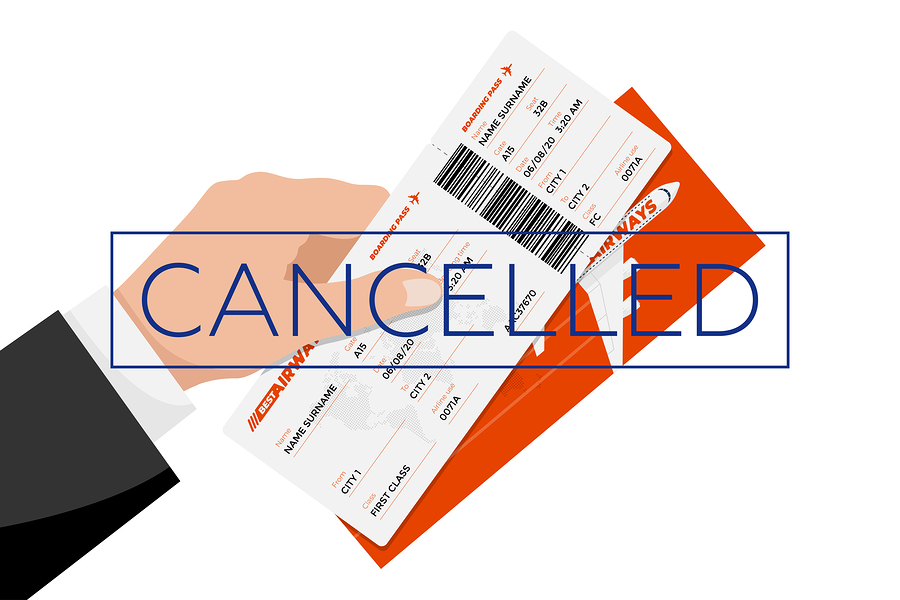It is hard enough, in this current crisis, to lose a client; there goes your income for the next however long. But when people start asking for a refund, the damage to your cashflow can have immeasurable impact on your business’s survival.
The coronavirus is affecting all businesses – from global corporations to the sole trader plugging away at home. A side effect of the virus is the steady stream of requests for refunds and cancellations of services and orders. The impact on business is severe.
The restrictions on travel and public gatherings has caused cancellation of events such as retreats and workshops and conferences, sporting events, concerts and dinner reservations for parties and children’s activities.
Right now, there is no win win in any of these scenarios especially when people ask for a refund
For the solopreneur or small business owner, navigating this unprecedented period of business uncertainty is critical.
Shalini Nandan-Singh, a lawyer from Legally Shalini, specialises in business contracts and terms and conditions. She said it’s important to engage with clients with flexibility, compassion, and understanding and negotiate solutions that minimise loss for all. “It’s important to remember you will be seeking to cancel services and seeking refunds, as well as being on the receiving end of refund requests by clients,” Shalini told me.
Here are five strategies businesses can tap into to manage refunds and cancellations:
1. Family comes first
Look after yourself and your family first. If you need to deal with your or your family’s health, then do so. Email your clients and let them know you will deal with their concerns or requests ASAP.
2. Review policy with clients
Your refund and cancellation policy – including termination – should be clearly outlined in your service agreement or client contract. It is best to seek legal advice if you are confused or concerned about:
- how to refund if your client cancels
- the refund ramifications if you cancel an event
- the refund ramifications if you are forced to cancel an event because of reasons beyond your control.
3. Treat each request individually
Assess and review cancellation reasons and contract carefully to determine when a refund will apply and what amount to refund.
Shalini said it’s not time to introduce a COVID-19 cancellation or refund policy and assume it’ll be accepted. “People are under no obligation to take notice of any new policy if they have an existing agreement with you,” she said.
“If you’re offering an advantageous cancellation or refund arrangement, ensure it applies to all clients. In the small business space, clients and suppliers talk to each other and word travels fast. Maintain consistency, transparency and fairness in your response and treatment of clients.
“Be careful about waiving your refund or cancellation policy in whole or in part. It may jeopardise any insurance claim your client may have.”
4. Communicate and negotiate
Where cancellation is the result of an event, service, or delivery being cancelled because of government travel restrictions or bans on gatherings, consider negotiating delayed outcomes and payment options with clients.
Shalini said it’s okay to negotiate. “You can offer a credit note or voucher, or to reschedule later in the year,” she said.
“It’s okay to offer friendlier payment arrangements where possible by spreading payments over a longer period. The virus will pass. When everything returns to normal; you want to ensure your relationships are intact. How you respond today will determine if clients return to buy from you.”
5. Get legal advice
How you respond to a request for a refund, what it says in your contracts and what your legal position is worth being checked by a lawyer.
Annette Densham, Founder, The Audacious Agency















